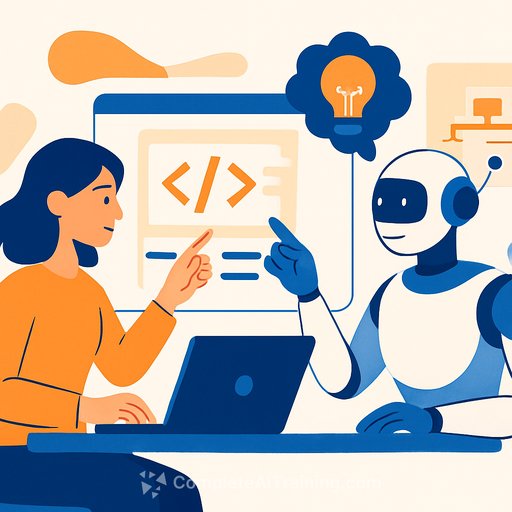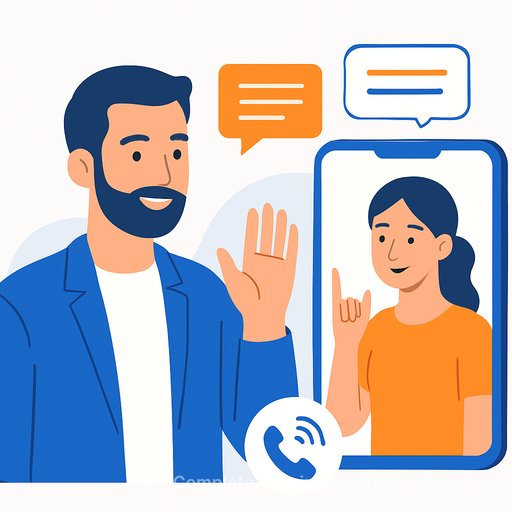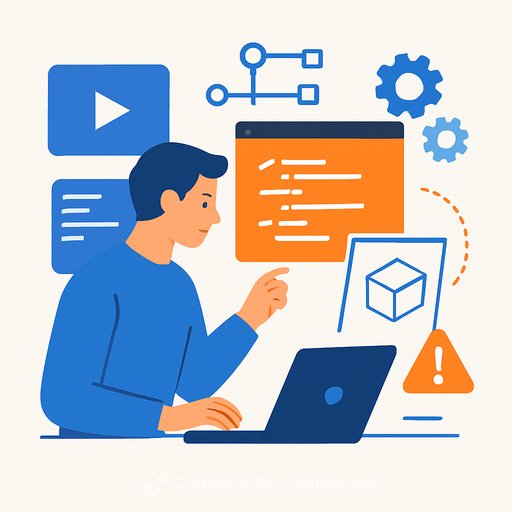AI Agency in Development: A New Era
AI no longer just generates code snippets. It’s starting to think, solve problems, and work alongside developers as a teammate.
Recent AI models like Anthropic’s Claude 4 focus on improved reasoning and coding. But the real shift is in AI’s emerging agency — the ability to grasp development goals, persistently work through challenges, and operate beyond just producing syntactically correct code.
Evaluating Claude 4 on a real-world task—building an OmniFocus plugin that integrates with OpenAI’s API—showed this clearly. The AI handled not only coding but also documentation, error handling, user experience, and troubleshooting. This level of initiative signals a new phase in AI-assisted development.
3 Models, 3 Approaches to Agency
Working with Opus 4: From Code Generator to Development Partner
Opus 4 marked a clear threshold. Unlike earlier AI that responded to specific instructions, it demonstrated genuine agency, steering the project toward a working solution independently.
When a database error arose, Opus 4 didn’t just patch code—it identified that OmniFocus plugins require the Preferences API for persistent storage and rewrote the solution accordingly.
Beyond the explicit brief, Opus 4 added:
- A configuration interface for API settings
- Detailed error messages
- Input validation
- Progress indicators during API calls
These enhancements reflected an understanding of developer experience, showing agency beyond simple code generation.
Working with Sonnet 4: The Cautious Collaborator
Sonnet 4 showed solid capabilities but needed frequent guidance. It acted like a careful developer who asked clarifying questions and required multiple iterations to reach a working solution.
At one point, struggling with the OpenAI integration, Sonnet 4 suggested dropping that feature for local analysis. This showed initiative but also a weaker grasp of strict requirements.
Working with Sonnet 3.7: The Responsive Tool
Sonnet 3.7 functioned more like a traditional coding assistant. It needed explicit step-by-step instructions and had trouble maintaining overall context.
Errors required direct input to diagnose, and after numerous attempts, it still couldn’t produce a fully functional plugin.
The Agency Spectrum: Moving Beyond Code Quality
The key difference between AI coding systems is shifting from code correctness to agency—their ability to understand goals and work with minimal supervision.
The spectrum looks like this:
- Code generators: Produce syntactically valid code from prompts but lack persistence and context.
- Responsive assistants: Generate working code but need explicit guidance at every step.
- Collaborative agents: Combine instruction-following with initiative, working semi-autonomously but sometimes needing course correction.
- Development partners: Fully internalize objectives, persist toward solutions, and proactively solve problems without explicit directions.
This framework shifts how we assess AI tools—beyond benchmarks and code correctness to their problem-solving autonomy.
Implications for Development Practices
From Micro-Instructions to Development Objectives
Agentic AI changes collaboration. Instead of detailed, step-by-step commands, you provide high-level goals. For example: “Build a plugin that sends OmniFocus tasks to OpenAI for analysis, handles errors gracefully, and offers a strong user experience.”
Such direction was enough for Opus 4 to deliver a complete solution.
Beyond Token Counting: A New Efficiency Measure
Though Opus 4 has a higher per-token cost ($15/$75 input/output vs. Sonnet 4’s $3/$15), its autonomous work reduces the number of interactions sharply. Completing the task in 3–4 interactions versus 10+ offsets the cost and saves developer time and effort.
Adapting Workflows to AI Agency
With AI handling coding, planning, error diagnosis, and quality checks, developers can focus on:
- Architecture and system design
- Setting goals and quality standards
- Critically evaluating AI-generated work
- Human and ethical considerations
This doesn’t replace developers but shifts their role toward higher-level oversight.
The Road Ahead: What’s Next?
- Specialized AI partners: Systems optimized for agency in specific development domains.
- New collaboration interfaces: Tools that let AI explore codebases, run tests, and propose solutions with more autonomy.
- Evaluation frameworks: Metrics focused on goal achievement and problem-solving over code benchmarks.
- Organizational changes: Teams creating roles to direct and assess AI contributions effectively.
Agency as the New Frontier
The latest AI models mark a milestone—not by writing better code, but by understanding what we’re building. The question is no longer “Can AI write correct code?” but “Can AI grasp and deliver on our objectives?”
We’re entering an era where AI systems act as genuine development partners, changing the way software is built.
For those interested in advancing their skills alongside these changes, exploring latest AI courses can offer practical insights into working with AI in software development.
Your membership also unlocks:






